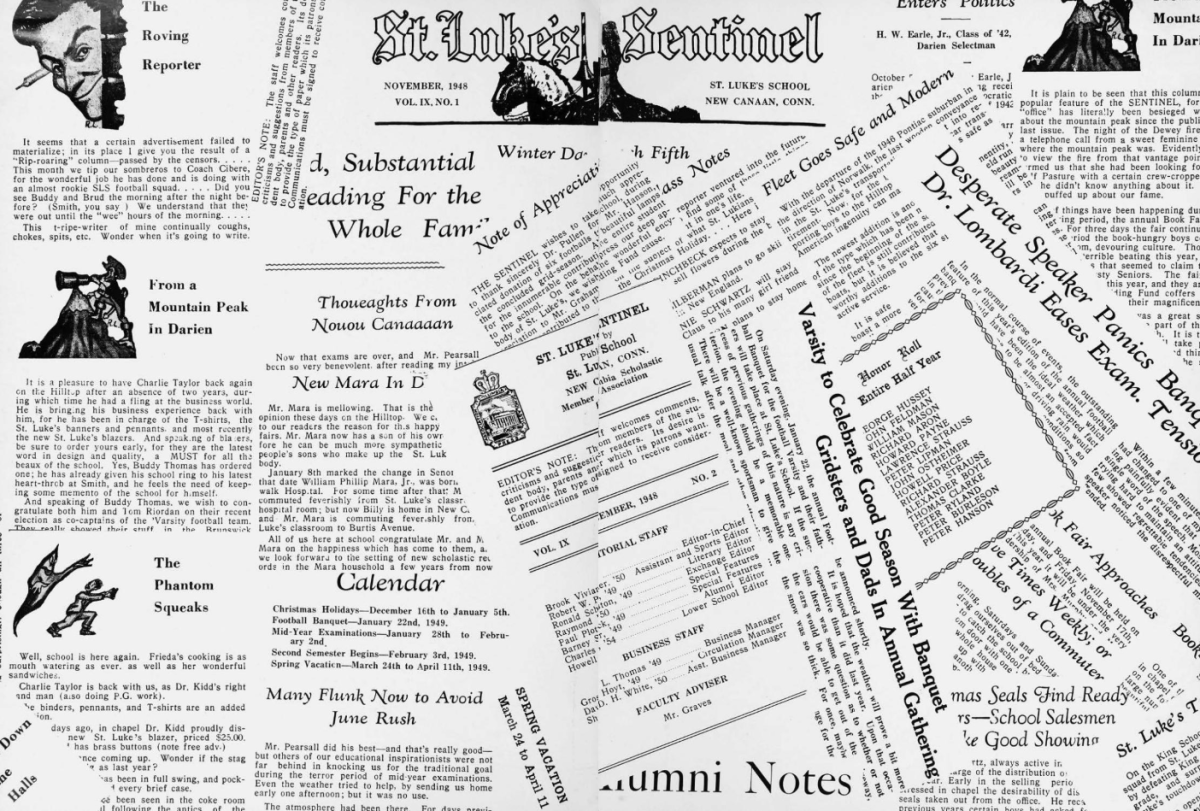Economists have been sounding the alarm about a potential recession in the US economy in recent weeks. There are several signs pointing to this conclusion, but there is still uncertainty.
The cause of the recessionary fears stems from a few factors. Increased volatility in markets, a drop in consumer confidence, and erratic foreign and domestic policy shifts have left people wondering if we might be in for a recession. Tariffs will only make the problem worse.
Now that April 2nd has come and gone, we have a good idea of how the tariffs will affect our current situation. Tariffs are a tax on imported consumer goods. This means that if President Trump puts a 25% tariff on imports from China, all Chinese goods sold in U.S. markets will cost 25% more. Typically, businesses that import tariffed goods will not pay the price but instead pass the added cost onto consumers. This, in effect, will make cheap Chinese imports, for example, become more expensive to U.S consumers.
Tariffs can also inadvertently increase the prices of U.S.-made products. If the cost of a Chinese good goes up 25%, and a U.S.-made good that competes with the Chinese good is only 10% more expensive than the Chinese one pre-tarriffs, the American product will be 15% less expensive after a 25% tariff. However, instead of keeping the American-made product cheaper than the Chinese counterpart, the producer of the U.S. product may increase the price to the same or only slightly lower price than the Chinese product to increase profit margins without losing market share. So, instead of being 15% cheaper than the Chinese goods after tariffs, the American-made product is only 2% cheaper than the Chinese product. Thus, tariffs have essentially increased the price of goods across one market segment.
An increase in the price of goods, specifically consumer goods, is a major issue in our economy, mainly because one of the main ways we measure inflation is the consumer price index, or CPI. The CPI is essentially the change in prices of overall goods and services year over year. So, if the CPI is 4.5%, this means the average price of goods is up 4.5% from the same point last year. An increased rate of inflation is one potential effect of tariffs.
Inflation is bad for the economy because it gives the Federal Reserve an incentive to increase the Federal funds rate (FFR), the rate at which banks can lend money to each other overnight. While this number is not relevant to the average Joe, it is important to note that an increase or decrease in the FFR usually correlates to a higher interest rate at which banks lend money to people. So, if the FFR goes up in an attempt to control inflation, banks will charge higher interest rates. This means that fewer people will borrow money and thus, less money will be spent, slowing the economy. The inverse is true if the Fed cuts rates: the economy will be stimulated.
So, tariffs may slow the economy and be a part of the cause in a recession, but there are a few others. Layoffs, especially from the federal government, will only worsen unemployment numbers, which will have little effect. First, higher unemployment rates will slow the economy because they will increase uncertainty and are often an indicator of an economic downturn. In addition, when more people don’t have jobs, they can get assistance from the government, which adds to the national debt. This is a problem because the US is on the cusp of a debt crisis.
The debt crisis is a possibility early this summer for a few reasons. A multitude of U.S. Treasury debt is maturing, and it either needs to be refinanced or paid off. With relatively high interest rates and ten-year bond yields, it may cost more to service the debt that the US has. Servicing debt is currently a major part of the federal government’s budget, and the larger it gets, the less the government can spend in other places. This is unless the government decides to just run a larger deficit to service debt with higher interest rates. This will create a debt spiral, where government debt will balloon exponentially over time. This effect will only be made worse with more people wanting govt services if they lose their jobs
A debt spiral is also bad news for Equity markets like the S&P 500. If we enter a debt spiral, investors, especially from overseas, will lose confidence in our markets and begin pulling investments, leading to a further drawdown on the US stock market.
So, by and large, there are many factors that are leading the US down an uncertain and rocky economic road, which may result in a recession by midsummer. The stock market will likely sell off, rates will be cut, and oil prices will drop in tandem with businesses’ profitability and stability. But, whilst there is still some uncertainty regarding a potential recession, we do know how it will affect our school.
Because St. Luke’s is an independent school and receives little to no state and federal funding, it will not be affected by government budget cuts or even the dismantling and reorganization of the Department of Education. This year, SLS had an operating budget of $37 million, while its endowment totaled $48 million. Making up the operating cost includes direct donations (6-8%), drawing from endowment (4-5%), and tuition money (88%).
So, these are the areas that can be affected by an economic downturn: donations, tuition, and endowment. Donations can be positively and negatively affected. Lower rates of an economic recession usually incentivize the purchase of big-ticket items. The more money spent on big-ticket items, the fewer people will want to donate or pay tuition. Uncertainty in markets, such as what we are experiencing currently, can also affect donations negatively. On the other hand, people may donate money to SLS to offset capital gains taxes if they have to take a loss on stocks or other investments. In addition, an overall drop in oil and commodity prices might lead to some cost savings.
It seems as if St. Luke’s is well poised to weather a weak to moderate recession without significant struggle. Unfortunately, only time will tell how bad, if at all, a recession becomes, and in what ways it will truly have an impact on SLS.







![iStock. (n.d.). Anonymous business partners making handshake in shadow [Photograph].](https://digitalsentinel.org/wp-content/uploads/2025/04/Screenshot-2025-04-16-at-3.42.57 PM.png)














